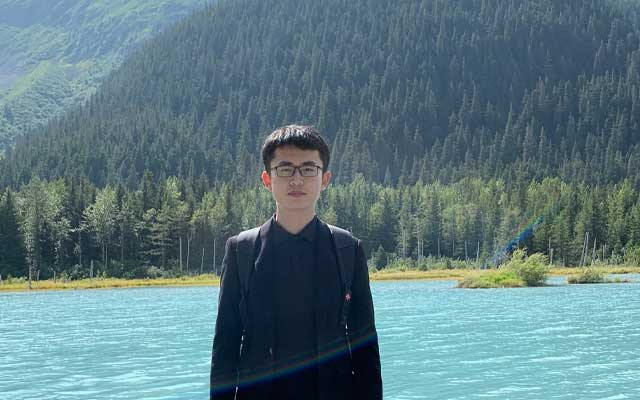The power of thought
We catch-up with Dr. Xiang Zhang who recently completed his PhD in the area of brain computer interface. Dr. Zhang is now a Postdoc at Harvard University.
We catch-up with Dr. Xiang Zhang who recently completed his PhD in the area of brain computer interface. Dr. Zhang is now a Postdoc at Harvard University.

Name: Dr. Xiang Zhang
PhD degree and year: PhD in Computer Science; January 2020
Current role and organisation: Postdoc at Harvard University
Over the past decade, emerging computer technologies (such as big data and deep learning) have and will continue to have a lasting and profound impact on everything that involves our lives. All kinds of wonderful things, such as brain-computer interfaces, artificial intelligence, and facial recognition, flood our society. The reason why I chose to study computer science is that I want to know how these systems work and try to do something to improve people's lives.
My PhD project was about decoding human brain signals and building applications upon them. It is really cool to control the world by the power of thought.
I am currently a postdoc at Harvard University. My present research direction is to integrate AI and healthcare. For example, how to build a drug repurposing system by adopting the power of data mining to exploit the dependence among molecular structure and proteins. It’s really busy, but fulfilling. Thanks to the valuable experience with Dr. Lina Yao at UNSW which trained me to be a researcher and laid the foundation for my work.
The most striking memory of studying at UNSW is the experience of building our brain typing system that allows individuals to type out text by thinking only. Closely working with my supervisor Lina, we spent lots of time on every single step of the system from design, algorithm development, and hardware commissioning, to academic paper writing. We encountered and overcame a large number of unexpected issues and challenges, but finally made it.
The project taught me that there is always a path leading to success even though it is not straightforward.
Have a positive attitude. Studying computer science, particularly with tons of tutorials, labs, coding, and deadlines, can be hard even exhausting, but this is how you learn. Remember that there is a solution for every challenge you meet. So keep a positive attitude, have confidence in yourself, train yourself, and you’ll be stronger than you ever imagined.
Self-learning. Today, the skills, particularly in computer science, like programming languages are updated very quickly, so it is very important to keep yourself in a knowledge-hungry state. The self-studying ability will never be outdated.